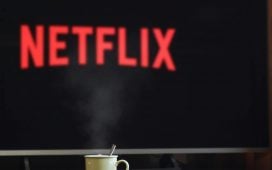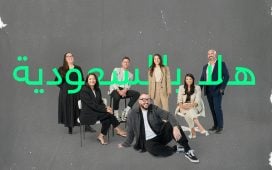Ali Ozbay, Vice President of Marketing and Communications, Rixos Hotels & ALL Inclusive Collection, discusses hospitality marketing.
As we stride into 2025, the dynamics of hospitality marketing are evolving faster than a chef flambéing crêpes suzette. It’s no longer about dangling a picturesque infinity pool or promising unlimited mocktails.
Today, it’s about crafting meaningful, personalised experiences that stick – moments that guests not only cherish but are compelled to share. And while the allure of AI might sparkle brightly, the future of hospitality marketing remains rooted in something timeless: human
To continue reading this article you need to be registered with Campaign. Registration is free and only takes a minute. Register Now or sign in below if you already have an account.









